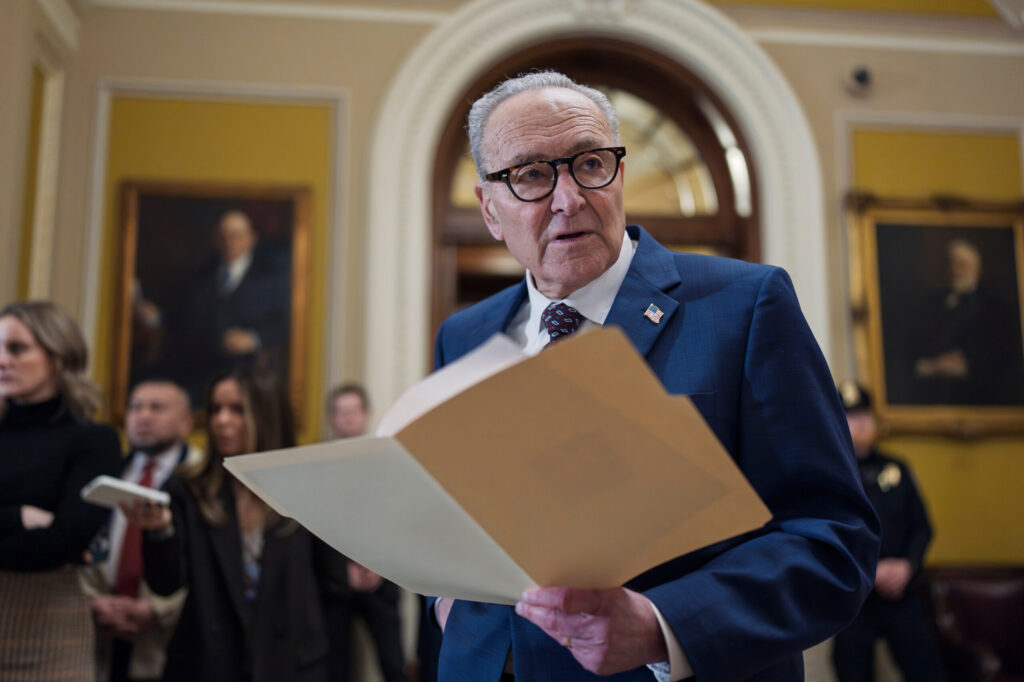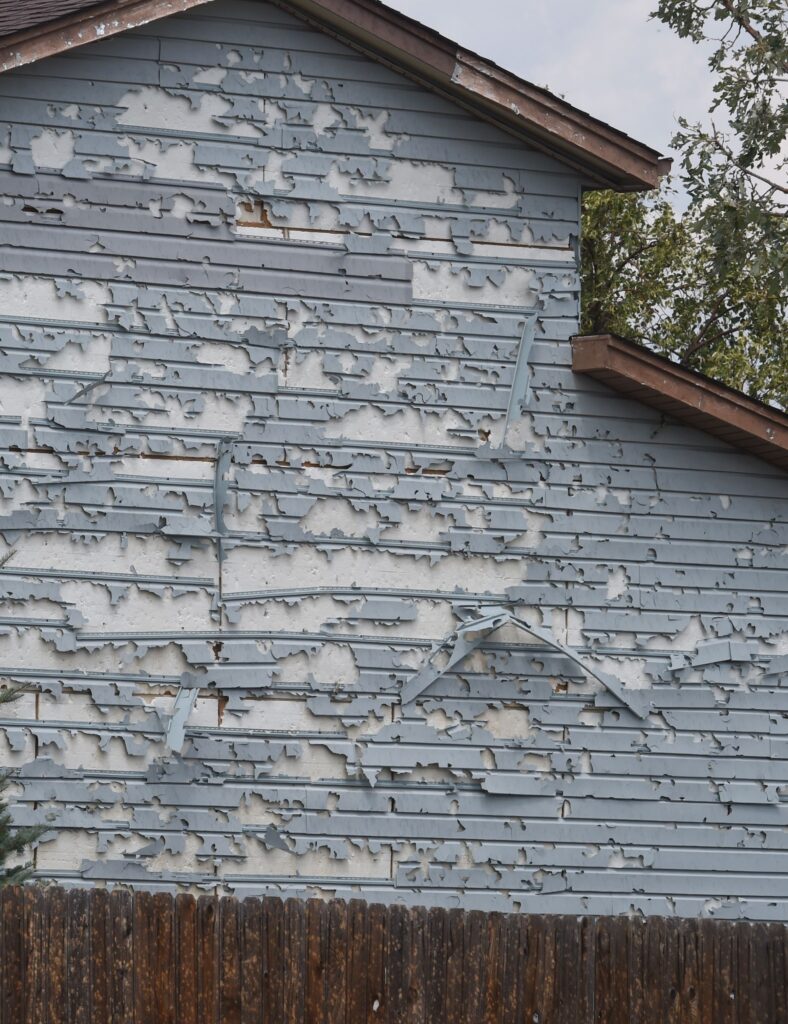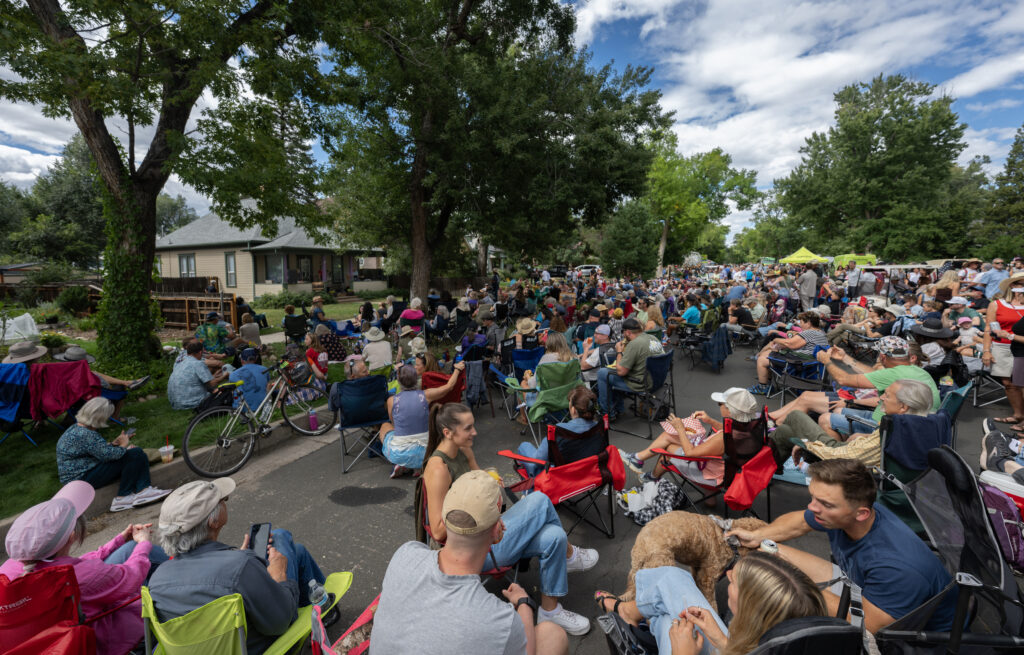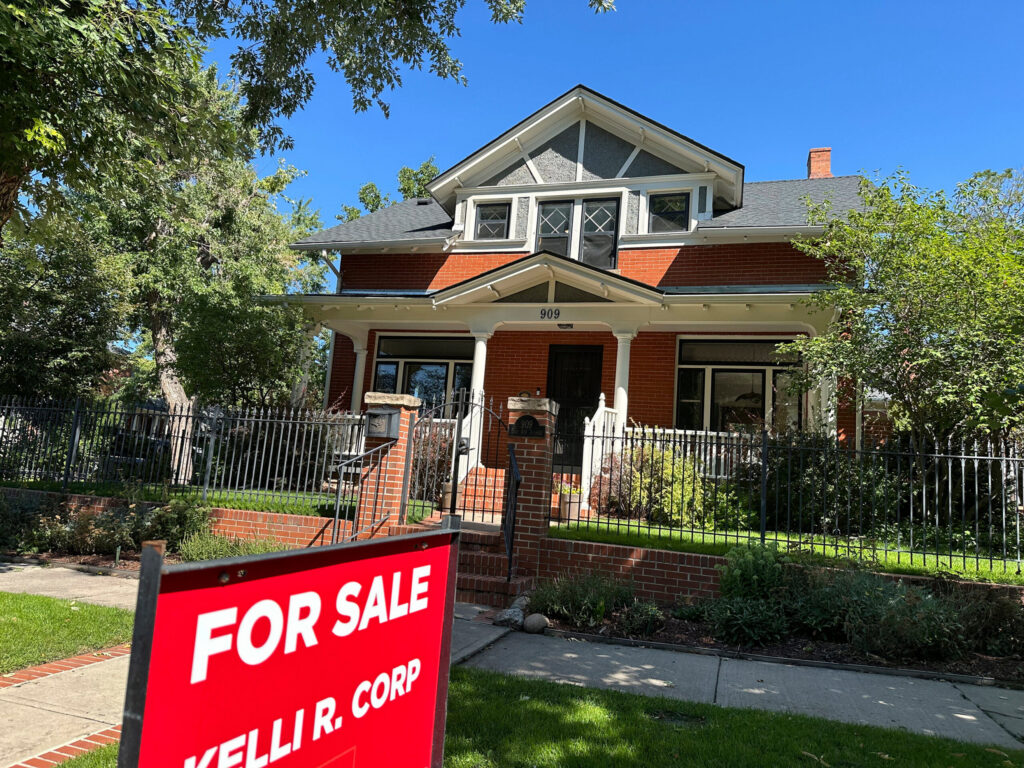YESTERYEAR: Broncos stadium project debated, Hickenlooper again wins mayor
Twenty Years Ago This Week in The Colorado Statesman … The issue of a “new” stadium for the Denver Broncos turned two bill sponsors against one another when Rep. Vickie Agler, R-Littleton, House co-sponsor of SB 97-230 — a bill that allowed for consideration of a re-fit of Mile High Stadium — accepted an amendment that Senate sponsor Mike Coffman, R-Aurora, didn’t approve of.
Rep. Dorothy Gotlieb, R-Denver, proposed the amendment during House debate. Under then current law, metro area voters could vote to extend the baseball stadium tax to pay for 75 percent of the cost of a new football stadium. Denver Broncos owner Pat Bowlen would have paid the rest if the Football Stadium District Board approved his financing. Gotlieb’s amendment would’ve permitted the stadium tax election to be held during the May 1998 or May 2000 municipal elections.
Coffman sponsored SB 230 only to allow the stadium board to consider a plan to sheath Mile High in retail space and to remodel the stadium’s interior. Coffman said he would rather kill the bill than let the amendment remain. His remark prompted Agler to ask whether Coffman merely meant the bill to be a roadblock to the extension of the baseball stadium tax. But proponents of the amendment, including Broncos lobbyist Frank L. “Pancho” Hays III, explained Agler’s roadblock remark, saying he feared the study of the stadium re-fit would make a November 1997 vote impossible, and he didn’t want to wait another year for another chance.
Amendment opponents said a May election would work to the Broncos’ advantage, since the team could more easily manipulate the smaller number of voters.
However, Rick Reiter of Reiter and Associates, who managed the stadium campaign for the Broncos, said the team would rather hold the vote during the regular election. Reiter said he feared that stadium tax opponents would take advantage of low voter turnout.
The politics of a new stadium were unpleasant outside of the Capitol as well. The Football Stadium Site Selection Committee learned that the possible relocation of the stadium to the former Stapleton International Airport would raise some issues. Bowlen said that if the stadium was kept as is, it would force him to sell the team to someone who would likely move it out of state.
… Ten Years Ago … Denver Mayor John Hickenlooper sailed into a second term when he beat city wastewater worker Danny Lopez by an almost 9 to 1 margin.
“Being the mayor of a city like Denver is as good as it gets,” Hickenlooper said on election night, as the results poured in.
Hickenlooper celebrated his victory at the upscale Strings Restaurant on 17th Street. “As they say in the bar business, welcome to another round,” Hickenlooper said at the outset of his victory speech.
Former state legislator Penfield Tate called the election “no surprise” and chalked up Hickenlooper’s lack of serious opposition to Denver being in good shape.
“People are relatively happy with the was things are. There’s no great call for change, and that was reflected in the election,” Tate said.
Former Governor Bill Owens and Gov. Bill Ritter were also on hand to congratulate Hickenlooper.
“He speaks to people in a way that just makes people understand that he cares about trying to find solutions,” said Ritter. “He just endears himself to people with a manner that’s a common man’s approach. He understands their struggles, and he communicates that very well.”
Ritter also called Hickenlooper a “great partner” in reference to their common interest in renewable energy and environmental concerns.
Hickenlooper said that during his second term he would continue to focus on three core principles: transparency, accountability and collaboration. He also said that his administration would continue to focus on issues of public safety, education and quality of life, topics he said were “all tied together.”











